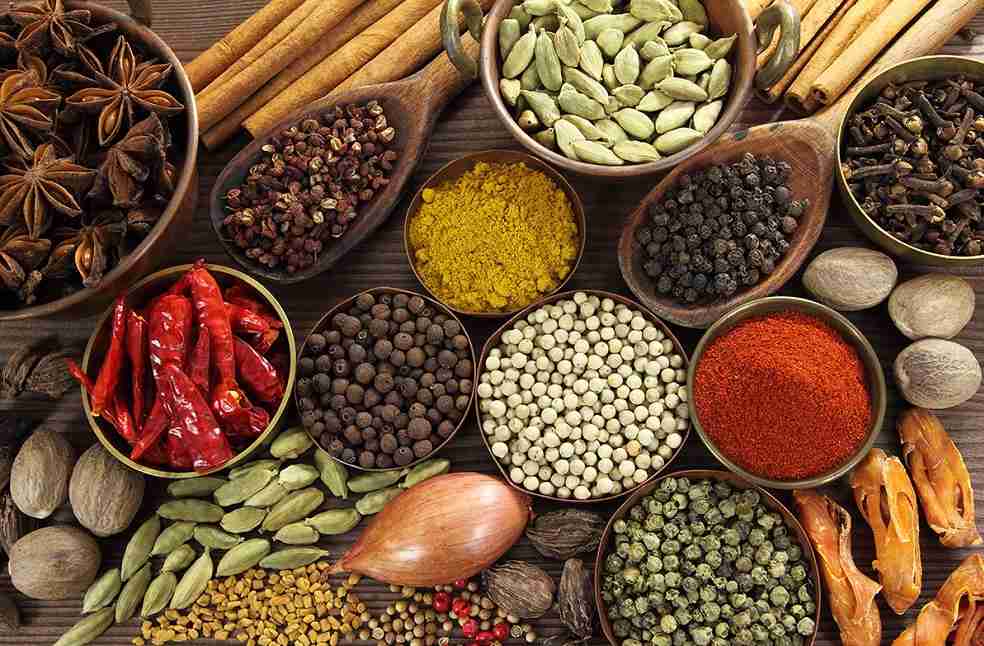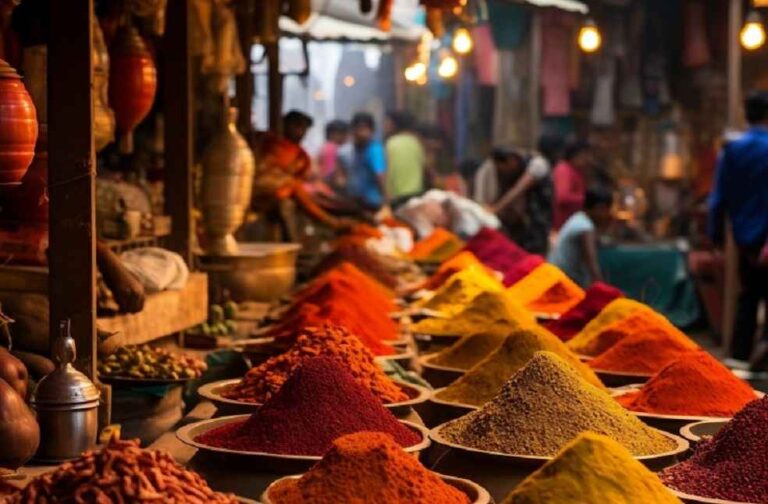India’s government has initiated stringent factory inspections at major spice producers MDH and Everest following international bans triggered by pesticide contamination claims. This move reflects a concerted effort to uphold quality standards across its significant spice export sector.
Commanding about 12 percent of worldwide spice exports, India’s role as a key player in the international spice market is undisputed, with trade values reaching $4.25 billion last year according to the Global Trade Research Initiative (GTRI). The integrity of Indian spices is crucial given their extensive use globally.

Reports from The Economic Times indicate that the Spices Board of India has begun evaluations at MDH and Everest’s facilities, which represent more than a quarter of the national market. These inspections aim to ensure adherence to global safety standards amid reports of ethylene oxide contamination—a chemical used both for sterilization and as a pesticide.
Both MDH and Everest have disputed the allegations, stating their products are safe. MDH described the claims as baseless and unsupported. Despite their defense, Nepal has followed Hong Kong and Singapore in implementing bans on certain products from these companies after detecting ethylene oxide.
Used to eliminate bacteria like salmonella and E.coli in spices, ethylene oxide poses significant health risks. The US Environmental Protection Agency identifies this compound as a potential cause of leukemia and other cancers affecting white blood cells.

The controversy has prompted the Spices Board to require extensive testing for ethylene oxide at multiple production stages and to promote steam sterilization as a safer alternative. With key importing nations, including Australia, Britain, and the United States, demanding more rigorous quality controls and considering stricter measures, the spice sector faces heightened scrutiny. Concerns loom that if China, a major importer, imposes similar bans, the impact on Indian spice exports could be detrimental.
India’s proactive inspections and the global response underscore the tension between traditional spice processing techniques and modern health standards. The industry’s ability to adapt and regain trust internationally is essential for maintaining the robust global presence of Indian spices.
LATEST NEWS | Pakistan and Turkiye Aim for $5 Billion Trade, Boost Economic and Defense Ties



